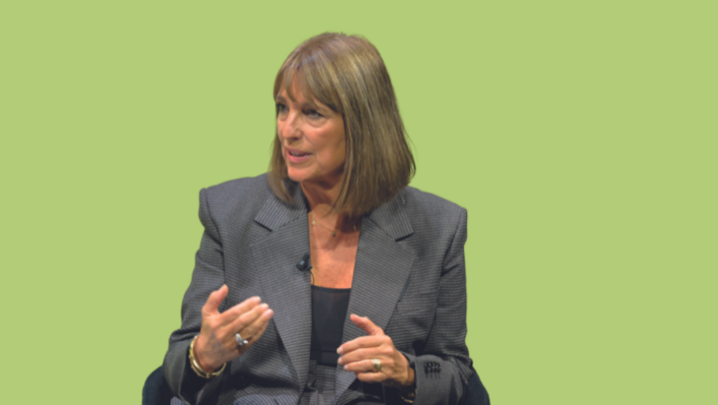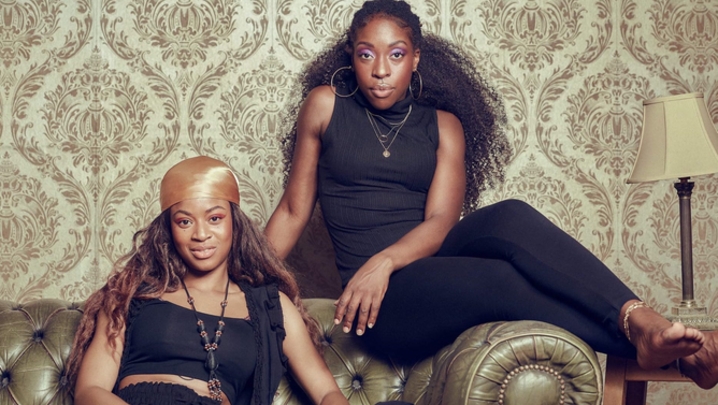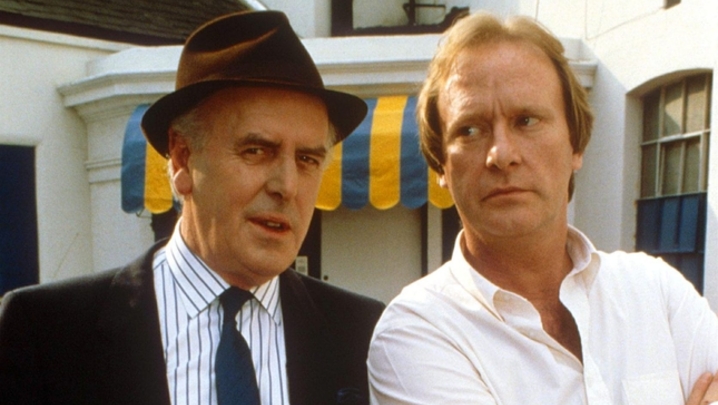Ade Rawcliffe has been promoted to drive ITV’s new set of diversity initiatives. She speaks to Caroline Frost.
In September, when dance troupe Diversity took to the stage for prime-time TV’s most controversial four minutes of 2020, one woman was watching especially intently – Ade Rawcliffe, ITV’s freshly promoted group director of diversity and inclusion.
“I was told they were going to do the dance. I thought it was incredibly moving, a wonderful creative expression,” she says of the group’s routine inspired by some of the year’s seminal events, not least the global Black Lives Matter protests.
“I was incredibly proud to work for ITV that night. I interpreted it as the story of lockdown, of Covid, George Floyd, lots of things. By the end, they were trying to say something optimistic about the future.”
The performance generated nearly 25,000 complaints. However, Ofcom concluded that Diversity’s performance was not inappropriately political but
“a call for social cohesion and unity”, something that Rawcliffe supports wholeheartedly.
“For me, I don’t think the pandemic and black equality are political. I interpret the BLM movement as being about equality, although some other people want to position it slightly differently,” she says. “As a public service broadcaster, we should be allowing our creative talents to say something about the world and their response to something so big in our lifetime. It’s really important to me that people can have their opinions, though, even if they are counter to mine.”
ITV’s public support for Diversity’s performance came just weeks after Rawcliffe’s promotion to its board was announced. Her job is a newly created role where she will co-ordinate all of ITV’s diversity and inclusion activities.
She believes the move is evidence of the broadcaster’s commitment to making sweeping changes across the organisation: “We’ve been on a journey already, but, since the tragedy of George Floyd, there’s been a quickening of pace, with people asking, ‘What are we going to do to create more equality, be more accountable?’
“My job on the board came about as a result of that need. And just being in the room changes the nature of the conversation, seeing how many things interconnect with diversity and inclusion.
“Everyone’s been receptive and open. ITV is a nice place to work. We have a good culture, and we just want to make it better.”
Rawcliffe, whose first jobs in TV included working as a runner on Stars in their Eyes and researching for Ready Steady Cook, has no delusions about the significance of her new role. “I feel the weight of responsibility because I’m there to represent so many other people,” she reflects. “It’s not just about me, but who comes up behind me. If it ends with me, I’ve been a dismal failure.
“It’s a huge opportunity for me personally, but it’s a responsibility I take very seriously. I hope I’m up to the task.”
Rawcliffe’s promotion is one aspect of ITV’s new, five-point plan for diversity, announced in July in support of its pledge to increase the number of opportunities for minority-ethnic and under-represented groups across its business and on-screen.
Other moves include more representation in its highest-profile shows, supporting talent from BAME backgrounds to help them secure lead roles in drama. Additionally, there is the “Step Up 60” scheme to provide 60 people with their first production jobs, and mandatory race training for all staff.
“We wanted something to address the top, the middle and the bottom,” explains Rawcliffe. “Often, we’ve concentrated too much just on getting people in, but we were really keen to help people develop their careers, giving them opportunities to get to senior positions in the industry. It’s hard to bring about cultural change, so you have to attack it from different places.
“I have strategic oversight, but I don’t do everything. Other people have a role to play. If I was head of sustainability and I was the only person recycling, it would make no difference to the organisation. It’s about everybody doing it, and that’s how you bring about change.”
Of course, for many industry observers, a lot of these good intentions will seem only too familiar to similar initiatives announced before, a point that Rawcliffe is ready to acknowledge: “It’s fair to say that, as an industry, we haven’t progressed as quickly as we should have done. We’d all like to see an industry where everyone is getting equal opportunities, and I don’t think we’re there yet.
“But, in 2020, the world has changed in a way that has been seismic. My friends who are teachers have pupils telling them, ‘We’re not coming back to school if this curriculum isn’t changed by Monday’. People are right to feel impatient.
“We talk a lot about this internally, that we will be judged by what we do, not what we say we’ll do. So our plan has become a diversity acceleration plan. If this were a race, we would be nowhere near the finishing line, but we’ve set off.”
She adds: “We need to see a measurable change within a year and be able to report publicly on what we’re doing.”
‘We will be judged by what we do, not what we say’
For Rawcliffe, the case for inclusion is as much commercial as it is ethical: “Netflix is doing it brilliantly, not because it’s a charity but because it can see the commercial case. At ITV, we’ve just done Black History Month.
“You can feel a buzz about the place about us doing something in a different way to before. Of course, we’re proud to be a PSB but there’s a commercial and creative case for it as well. For me, diversity, inclusion, creativity and innovation are all interlinked.”
Writing in Television in July, diversity campaigner Marcus Ryder wrote that, “for black and brown people, the UK media industry is a toxic place to work”. The following month, historian and presenter David Olusoga used his MacTaggart Lecture to describe feeling “patronised and marginalised” during his career. He also referred to a “lost generation” of talent, whose voices and stories were obliterated.
Of Ryder’s indictment, Rawcliffe says, “I know him really well, and I wouldn’t question his experience at all. If that’s his perception, I would say we need to do more so that it isn’t the case.”
Regarding her own experience in the industry, she explains: “It’s only when you connect with others that you realise the things you’ve internalised. I suspect [that’s true of] experiences I’ve had, but there are lots of people who have had a lot worse time than me.
“Plus, it’s important to acknowledge the people who came before me, and made it possible for me to do what I do.”
Olusoga’s words cut deep for her: “I found his speech devastating and upsetting. I don’t want to see another person having to give that lecture. His point about the lost generation, that we have lost talent, when talent is the lifeblood of our industry, I found heartbreaking.”
For Rawcliffe, who grew up watching shows such as Blind Date, Grange Hill and Diff’rent Strokes, and whose most recent binges during lockdown have included Quiz, Succession and Sanditon, content remains key to finally getting diversity right.
“It’s all about who’s making the shows, the writers, the directors, producers. The issue that most addresses that is Step Up 60, and that’s where we have most to do.”
Finally, what will success look like? Two things, says Rawcliffe. “First, I would like to be able to say that the data tells us we are representing the population. Second, that we have created a genuinely inclusive culture, where people feel their voices are heard, that they feel they belong and they feel protected.’
She smiles before concluding: “I always said that I wanted to work myself out of a job. I wouldn’t mind if there wasn’t a need to have my job on the board.”





